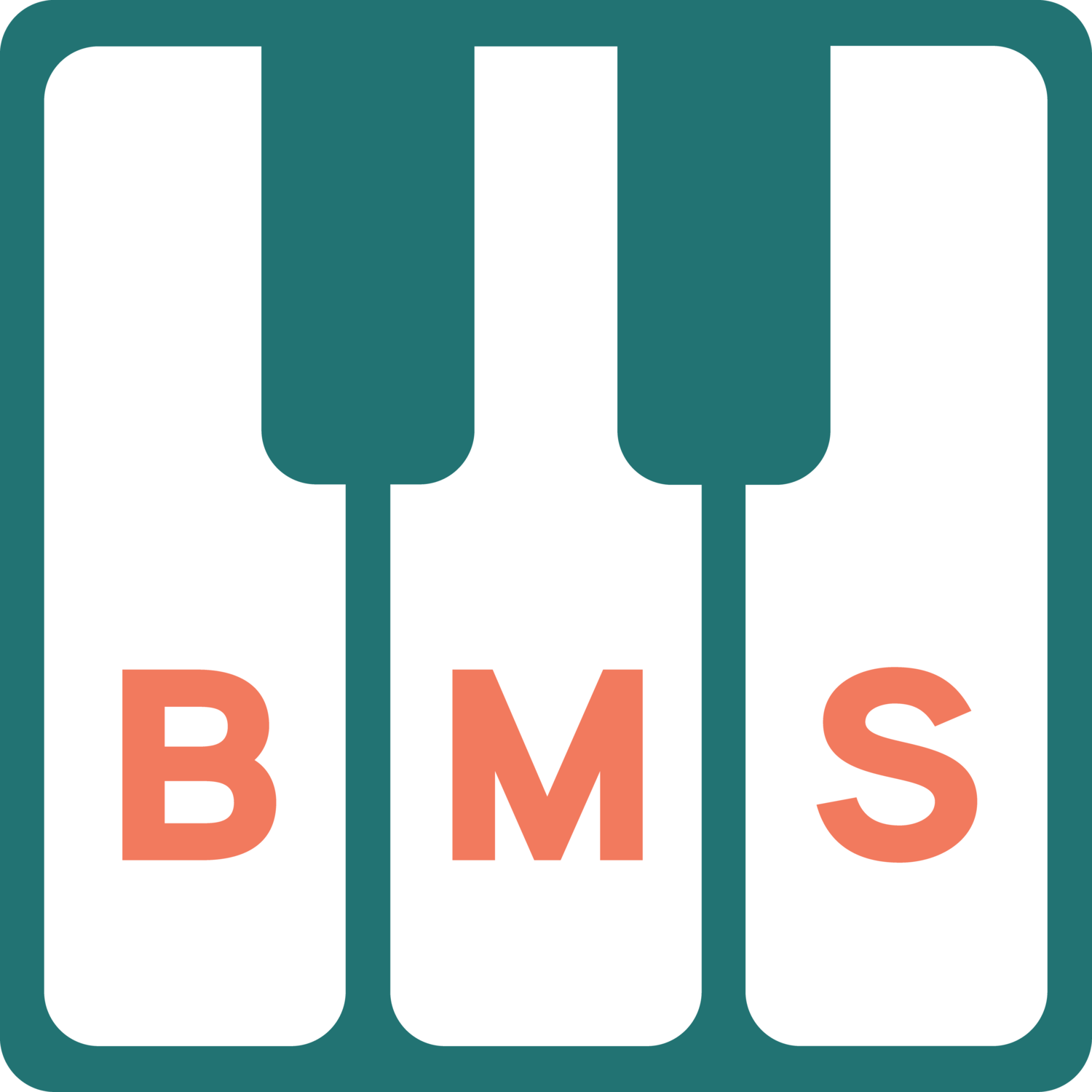Performance Anxiety
(An important disclaimer for this post, I am not a medical doctor and cannot diagnose or offer treatment for anxiety. This is meant as a way to explore a new perspective on performing, and a resource to help you find different coping mechanisms. If you think you have performance anxiety that is severely inhibiting your musical abilities, please talk to your doctor or primary health care provider for diagnosis and treatment).
So when it comes time to take everything you have learned, practiced and prepared, and actually show it to someone else, most of us will experience this new feeling of pressure that might not have been there before. We become very aware that someone else is listening now. Depending on the kind of person you are that could be a fun and exciting thing, or an absolutely terrifying thought that could stop you from ever trying to do so in the first place. Performance anxiety is a HUGE umbrella with so many different avenues and routes for the feelings of the anxiety to come from.
I think the most important thing to remember is that regardless of what is causing you these feelings, they are valid. Performance anxiety is a real and tangible issue that can definitely affect you. I am not a medical doctor, so I cannot diagnose or offer treatment for anxiety, however I have found a few helpful discoveries. I like to categorize the performance into “things I can control,” and “things I cannot control.” Having practiced enough, learning the right notes and rhythms, memorizing the words, these are all things I have control over. I either know it or I don’t, so as long as I can learn the music enough to “know it,” I do not need to worry over those details. Those are things I can feel responsible for, if I make a mistake in one of those categories, it really was an issue of me not having spent the time and effort in preparing it properly. Something like my breath catching in a weird place, or the excitement from the performance causing my voice to crack in a certain spot unexpectedly, these are things that just happen in live performance. Mistakes happen to all of us in live performances, it is very often more about how you handle the mistake than the mistake itself.
As an audience member, no-one likes the feeling of the performer making a mistake and then feeling obviously really bad about it. If you forget a word on the spot, and freeze and make a huge deal about it, that is when people will really notice it. The best strategy for dealing with a mistake is picking yourself up and charging on. Don’t give that mistake any of your time or energy, you have learned your music, you know what you are doing, and you’re going to keep going.
There are a lot of similarities to piano performances in this regard. There are the things you can and cannot control. Practicing and memorizing the correct finger patterns, notes, rhythms etc. are all things you have control over. If the piano you are playing on has a stiff pedal you aren’t used to, or the key weight is unfamiliar, these are things you cannot control. These elements are where your adaptability comes in. Breathing is also a very important element here. Although the instrument is not tied directly to your breath, the way you play will definitely be affected by the way you breath. Breath with the long phrasing to help shape the musicality, or with a quick breath at the start of a lively or animated section. Your breath can help manage and release a lot of the nervous energy you feel during performance, and allow you to either use it more effectively or let go of it. Every performance is unique, and you just need to focus on the elements under your control and direct your focus into these parts, don’t allow minor bumps to interrupt your music making.
When it comes to singing especially, I remember feeling so worried because I was so unsure of my voice. My thoughts were always based around “hoping” the note would come out right, or wondering if my pitch was going to be accurate. All along these things could have been completely under my control, and once they were, performing became infinitely more enjoyable. It was not longer about managing issues, throwing out everything I could manage to work and feeling badly about how many things went wrong. It became fun again, I learned (through the help of a tremendous teacher), how to understand my voice and regain my confidence. There is nothing that takes away performance anxiety around singing, than knowing exactly how your voice was going to sound, and how everything would work, before I started singing. Of course even then, if my mind wanders, or something unexpected happens, mistakes could still pop up, but I stopped worrying about them, and focused more on how wonderful it is to share beautiful music with people.That is, after all, why we do this. To be able to share music with yourself, family and friends, strangers, music is a gift that above all, must be shared with others.
If you are looking for more, or help from a medical professional, here is a site with resources from registered psychologists that may help. https://theskillcollective.com/performance-anxiety

DISCLAIMER
I am not a medical doctor. These posts are all anecdotal, based on experiences through my own learning, understanding and teaching. My musical knowledge is based primarily in the Western classical tradition, which by no means defines the only perspective to learn and understand music.

